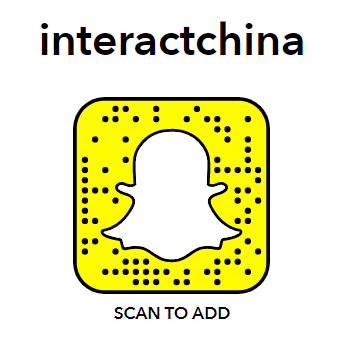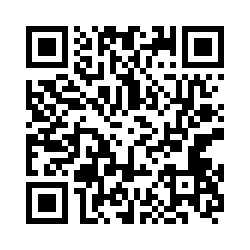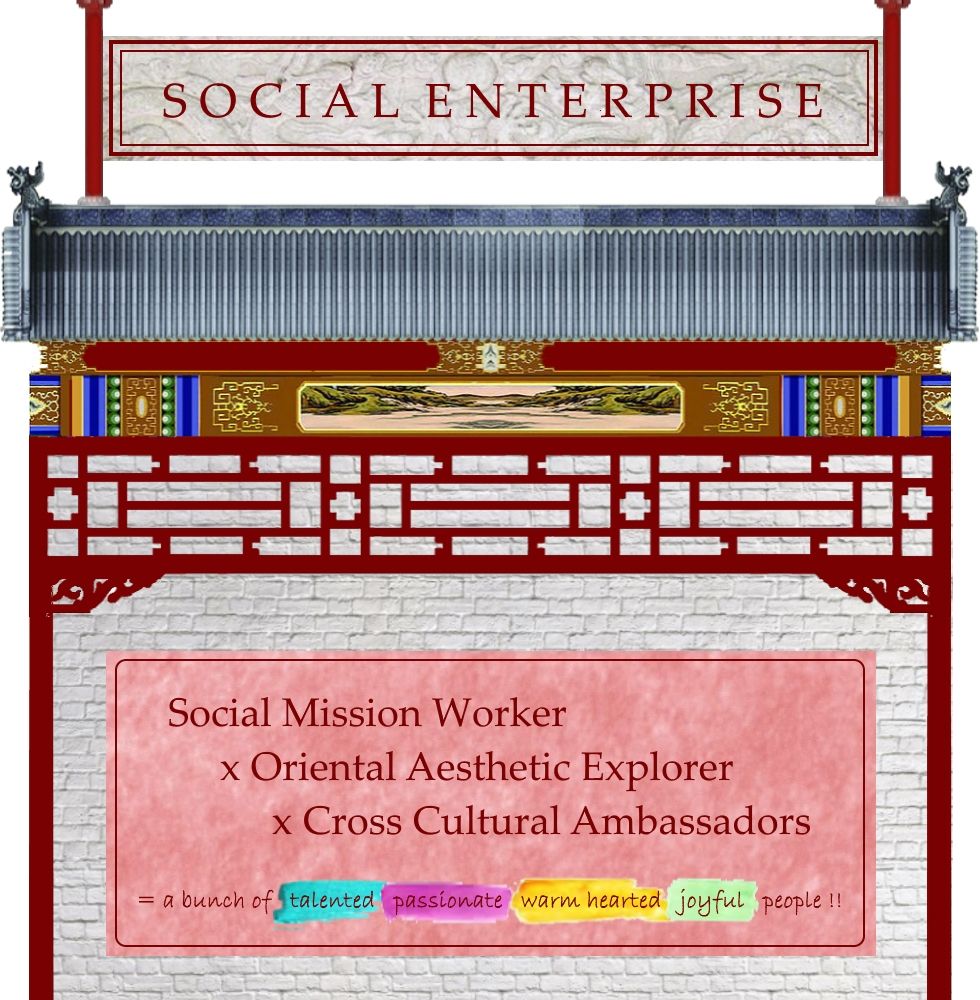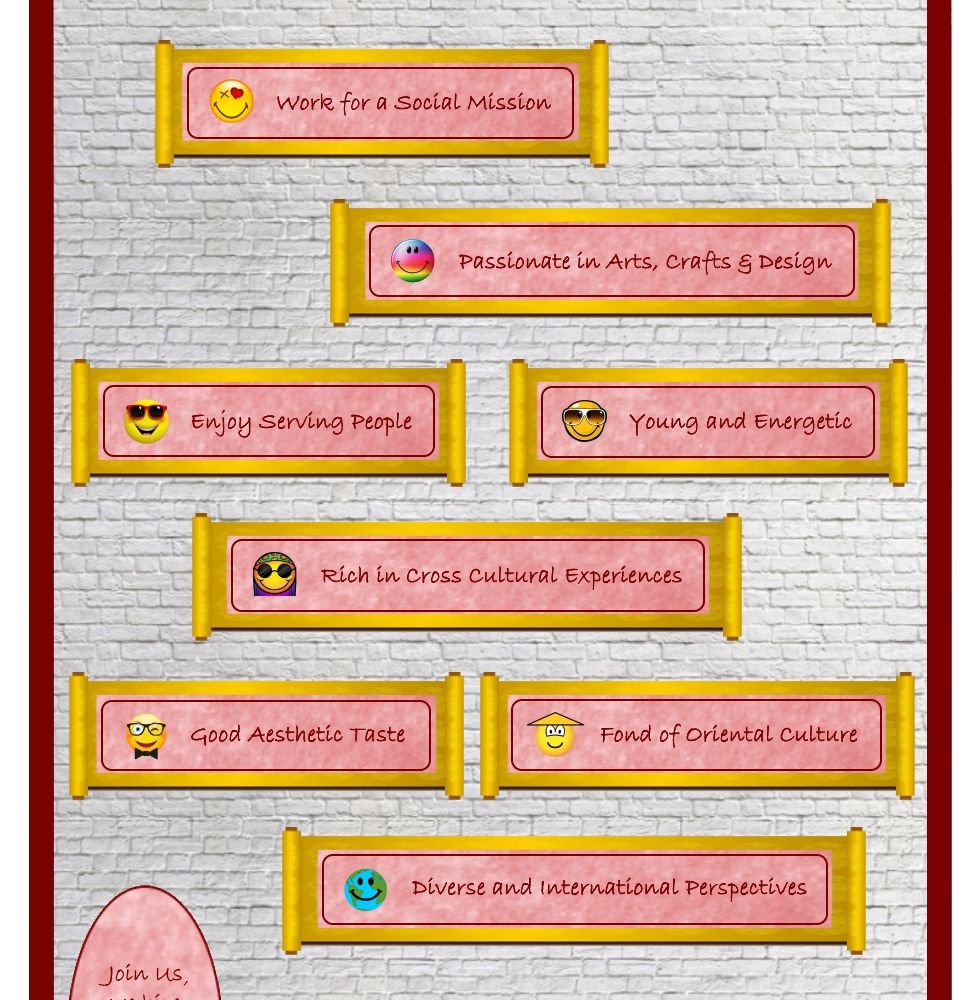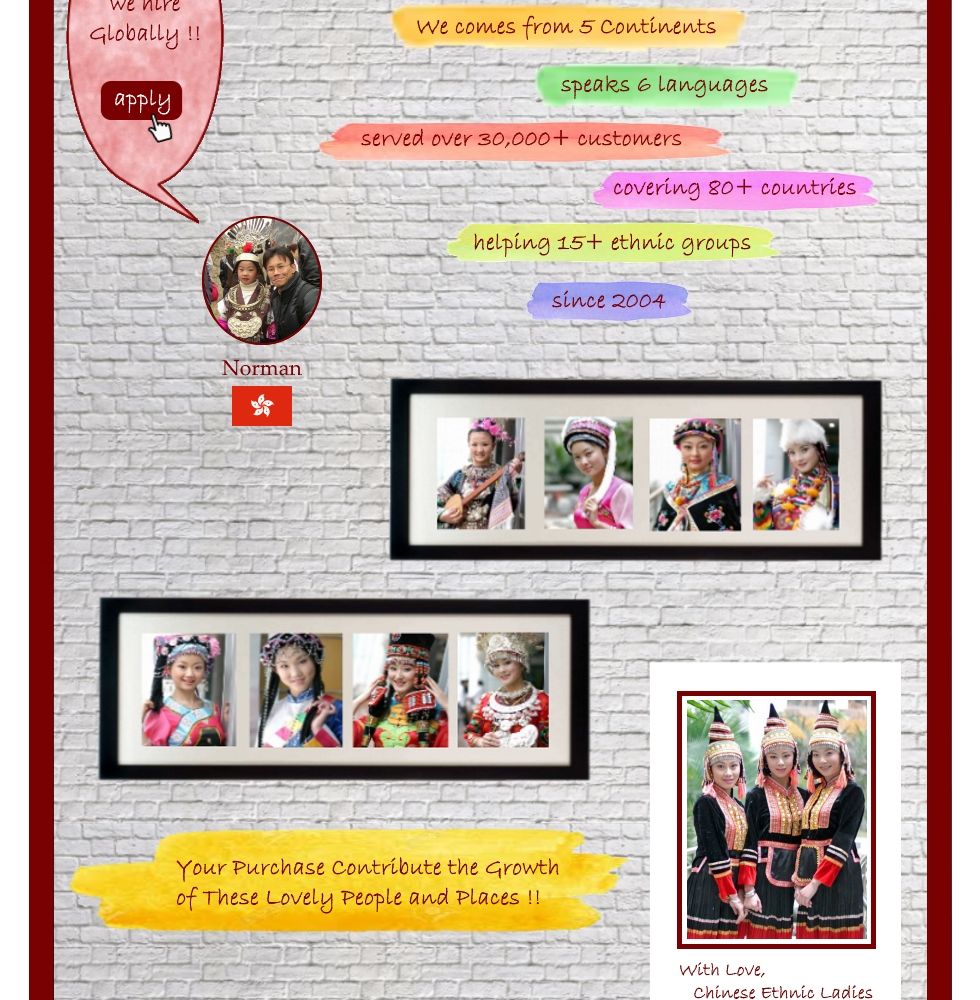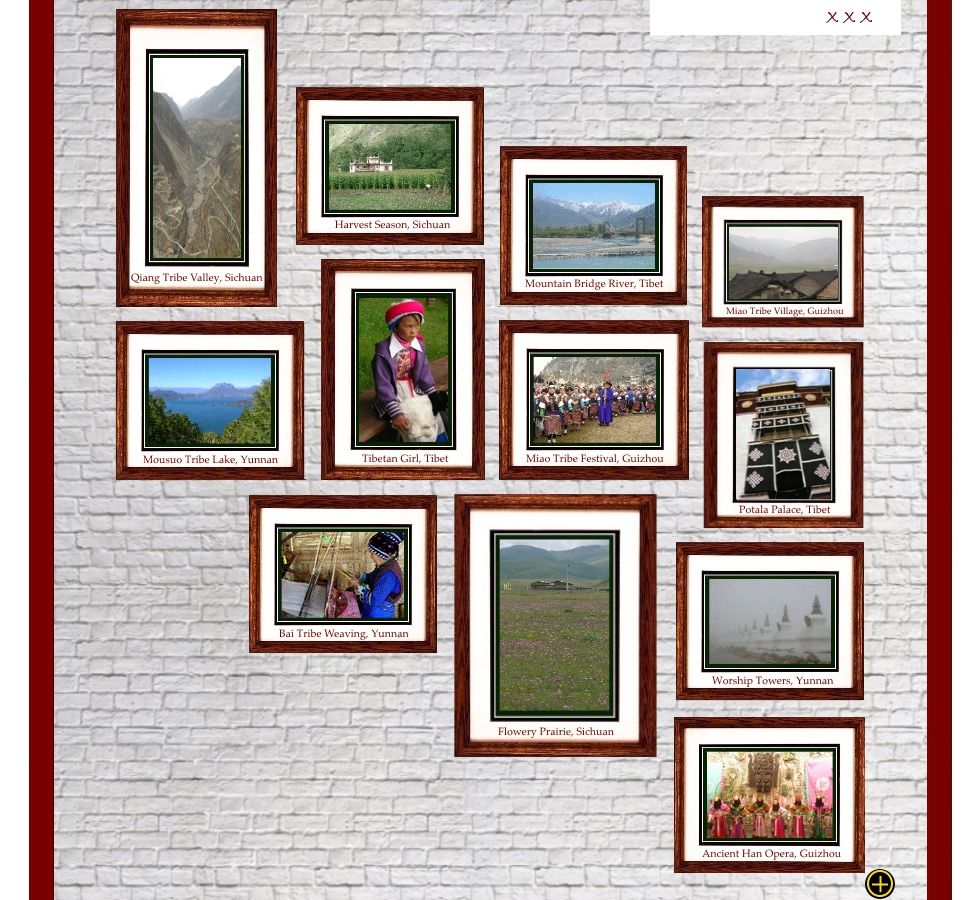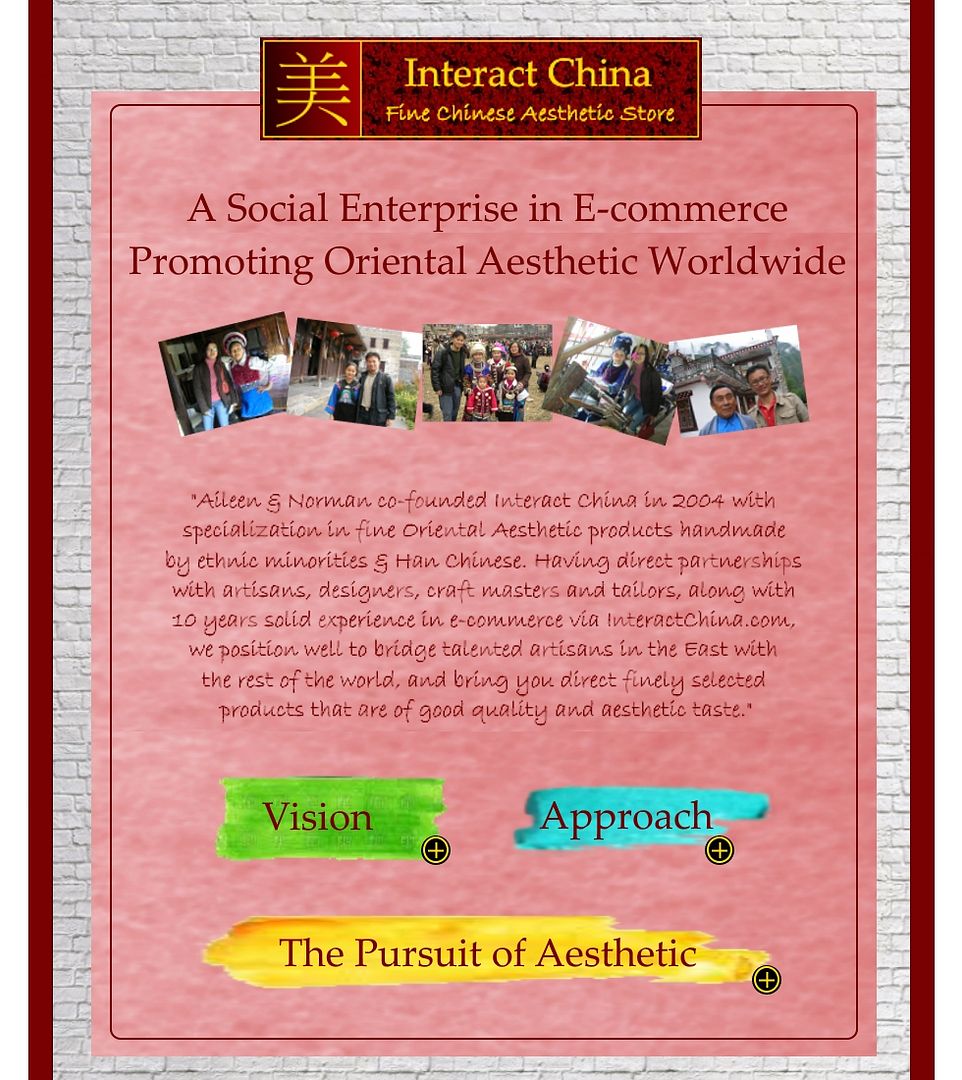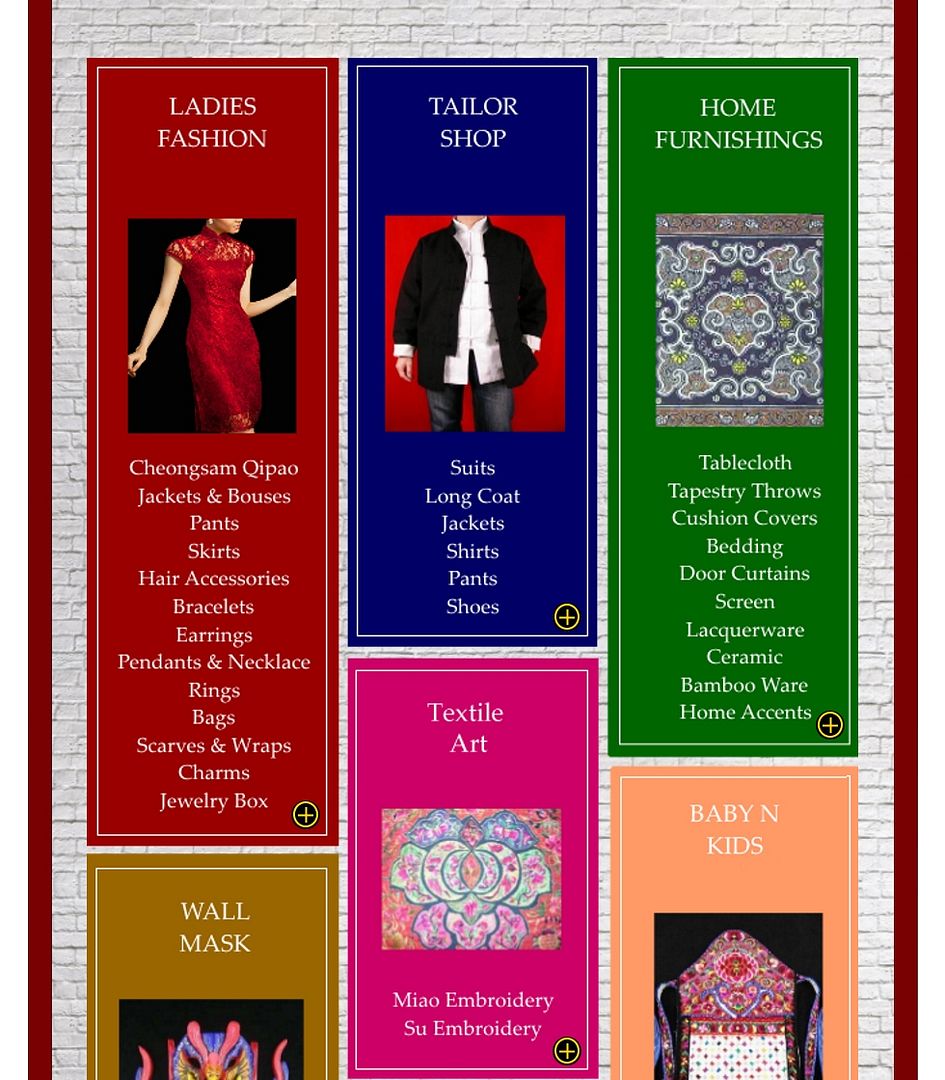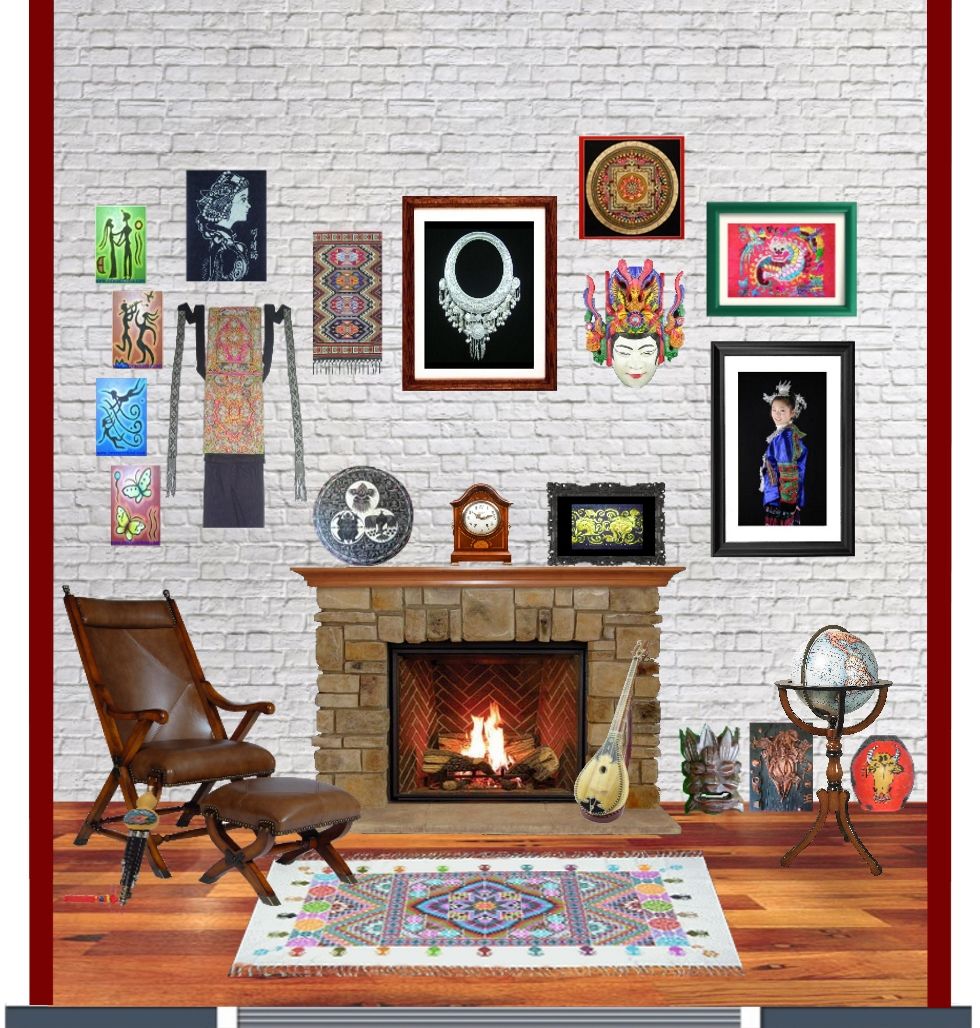Uyghur Tribe in China
8th Jun 2017
Location
The Uyghur (also spelled Uygur , Uighur , Uigur ) are a Turkic people of Central Asia. Today Uyghurs live primarily in the Xinjiang Uyghur Autonomous Region. There are also existing Uyghur communities in Pakistan, Kazakhstan, Kyrgyzstan, Mongolia, Uzbekistan, Germany, and Turkey and a smaller one in Taoyuan County of Hunan province in south-central China.
History
Historically the term Uyghur was applied to a group of Turkic-speaking tribes that lived in the Altay Mountains. Uyghur means unity or alliance. The origin of the ethnic group can be traced back to the Dingling nomads in northern and northwestern China and in areas south of Lake Baikal and between the Irtish River and Lake Balkhash in the third century B.C.
Livelihood
The Uyghur farm areas are around the Tarim Basin and the Gobi Desert. Wheat, maize and paddy rice are the region’s main grain crops, and cotton is a major cash crop. The Tianshan Mountains are rich in coal and iron, the Altay in gold, and the Kunlun in jade. The region also has big deposits of non-ferrous and rare metals and oil, and rich reserves of forests and land open to reclamation.
Costume
The cotton growing and cotton yarn spinning industry has a long history. People usually wear cotton cloth garments. The Uygur, old and young, men and women, like to wear a small cap with four pointed corners, embroidered with black and white or colored silk threads in traditional Uygur costumes. Girls in the past combed their hair into a dozen braids, and regarded long hair as part of female beauty. After marriage, they usually wear two braids with loose ends, decorated on the head with a crescent-shaped comb. Some tuck up their braids into a bun.
Religion
The Uyghur believe in Islamism. Over the centuries, many mosques, mazas (Uygur complexes, nobles’ tombs), theological seminaries and religious courts were set up in Uygur areas. Over the past few hundred years, religion has greatly influenced economic, judicial and educational affairs and the Uygur family and matrimonial system.
Literature
The Uyghur language and script contributed to the enrichment of civilizations of the other peoples in Central Asia. Compared to the Europeans of that time, the Uyghur were far more advanced. Most of the early Uyghur literary works were translations of Buddhist and Manichean religious texts, but there were also narrative, poetic, and epic works. Some of these have been translated into German, English, Russian, and Turkish. After the general population’s conversion to Islam, world-renowned Uyghur scholars emerged and Uyghur literature flourished.
Music
The Uygur are excellent at singing and dancing. The Twelve Mukams is an opera epic comprising more than 340 classic songs and folk dances. This musical treasure, which was on the verge of being lost, was collected, studied and recorded.
There is a wide variety of plucked, wind and percussion Uygur musical instruments, including the Dutar , strummed Rawap and Dap . The first two are instruments with a clear and crisp tone for solo and orchestral performances. Dap is a sheepskin tambourine with many small iron rings attached to the rim. It is used to accompany dancing.
by Xiao Xiao @ InteractChina.com
About Interact China
-----------------------------------------------------------------------------------------------------------------------------
"A Social Enterprise in E-commerce Promoting Oriental Aesthetic Worldwide"
Aileen & Norman co-founded Interact China in 2004 with specialization in fine Oriental Aesthetic products handmade by ethnic minorities & Han Chinese. Having direct partnerships with artisans, designers, craft masters and tailors, along with 10 years solid experience in e-commerce via InteractChina.com, we position well to bridge talented artisans in the East with the rest of the world, and bring you direct finely selected products that are of good quality and aesthetic taste.
So far we carry 3000+ goods covering Ladies Fashion, Kungfu Clothing, Home Furnishings, Babies & Kids, Painting Arts, Textile Arts, Carving Arts, Tribal Jewelry Art, Wall Masks and Musical Instruments. Our team speak English, French, German, Spanish and Italian, and serve customers worldwide with passion and hearts.
-----------------------------------------------------------------------------------------------------------------------------
P.S. We Need People with Similar Passion to Join Our Blogging Team!
If you have passion to write about Oriental Aesthetic in Fashion, Home Decor, Art & Crafts, Culture, Music, Books, and Charity, please contact us at bloggers@interactchina.com, we would love to hear from you!






